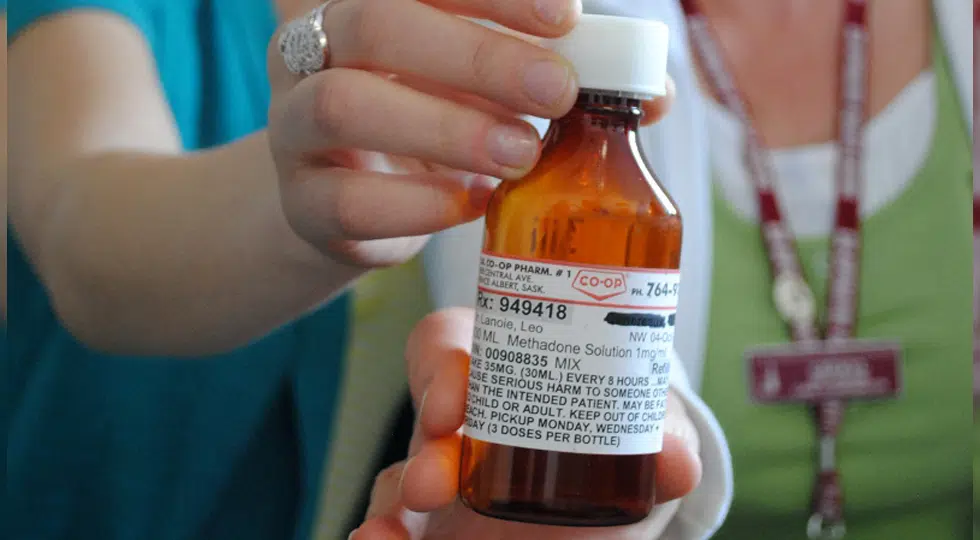
City moves toward zoning out methadone clinics from residential areas
Though widely supportive of the program, Prince Albert lawmakers have ushered forward legislation that could see methadone clinics restricted from operating in residential areas.
The move stems from an Oct. 17, 2017, decision, where debate around a proposed podiatry clinic on Sherman Dr. struck a cord with a handful of councillors. Some worried approving a development permit for a medical clinic, which carries a broad definition, could eventually see the property change hands and turn into a methadone clinic without first running by council. City staff, at the time, said the term ‘medical clinic’ is all-encompassing, and so long as the future development fell within the definition — and methadone clinics do — it would not come back to council for approval.
Based on that information, lawmakers asked city planners to create special land use rules for methadone dispensaries. The new zoning laws will bar methadone clinics from neighbourhood commercial zones, which include areas like strip malls deep in residential areas, such as those by Tiggerz convenience store in the East Flat.
A report to slide these amendments into a new soon-to-come zoning bylaw was presented at city council’s executive committee Monday afternoon.


